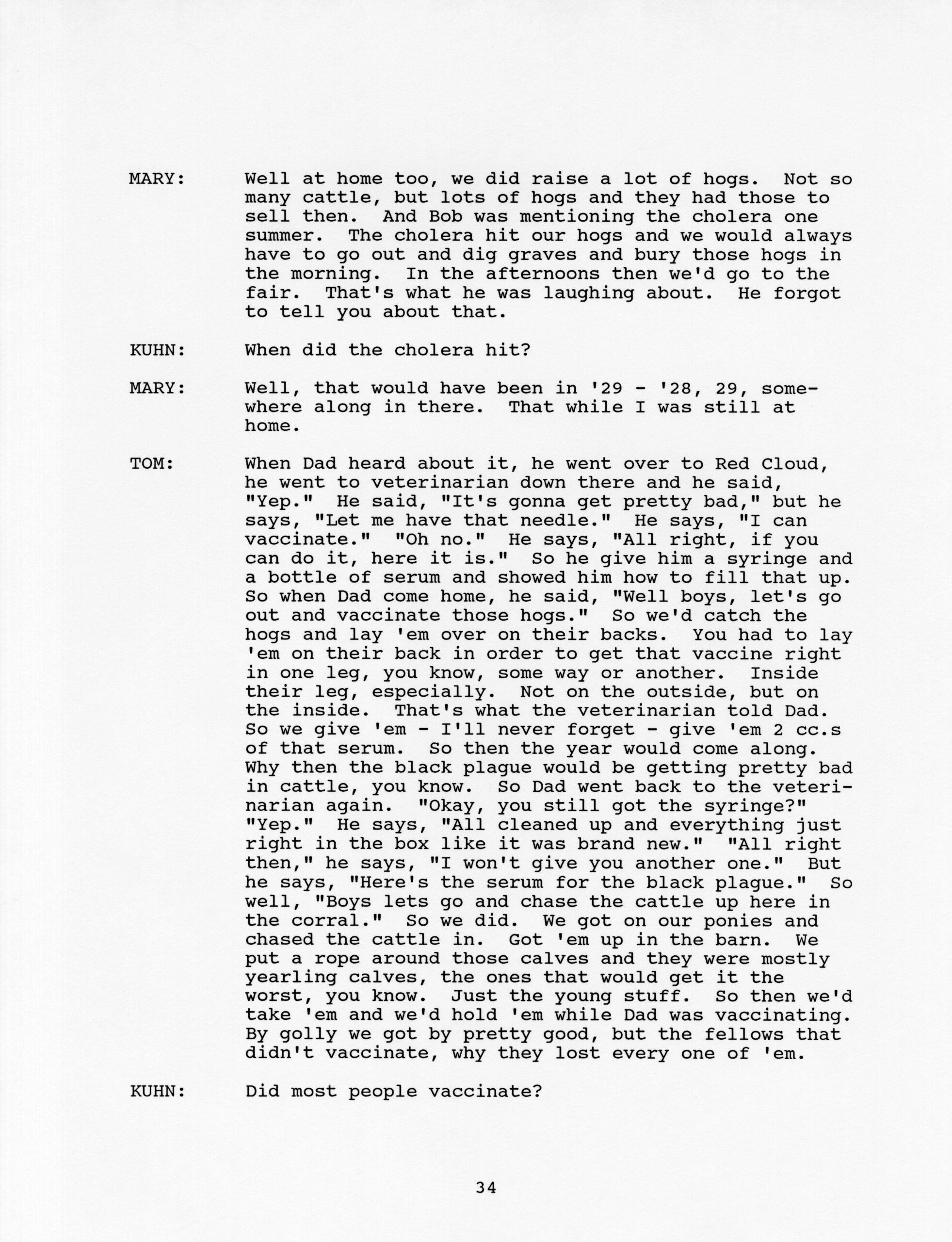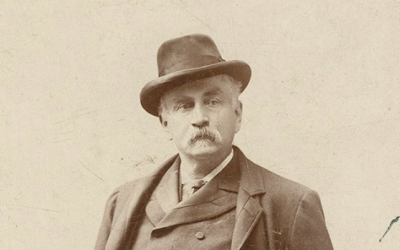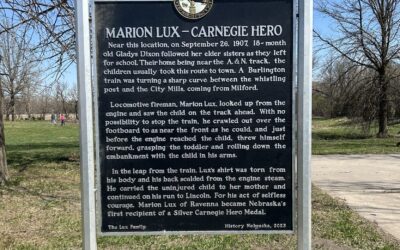Throughout history, literacy and access to the materials required to record day-to-day life and experiences have been limited to those with the time, ability, and supplies to write. Many people from marginalized groups–like people with low incomes, people of color, and women–could not always define their experiences on their terms. Journalists or outsiders would often describe their lives, and these accounts often persist in the historical record–erasing the personal histories of marginalized communities.


Collecting oral histories is a practice that seeks to remedy this problem. Oral histories are, essentially, an interview between a historian and a narrator who has a connection to what the historian is researching. They are recorded and often transcribed for greater accessibility.
Today, recording technologies like microphones, tape recorders, and digital storage make it easier to retain oral histories and share them more widely. One of the collections the digitization team at History Nebraska has published online includes transcripts of the oral records of farm women who lived in Webster County, Nebraska, and Dekalb County, Illinois–regions with very different climates. These interviews were the project of Terry (Kuhn) Sheahan in 1989 as part of a graduate research seminar project. The interview tapes are housed at the Webster County Museum in Red Cloud, Nebraska.


In these transcripts, the interviewees speak about their lives in rural Nebraska during the Great Depression, the drought, World War I and II, and other events. Through these conversations, the narrators’ dreams, joys, and struggles emerge between the descriptions of everyday chores. Though the accounts may seem mundane, they offer a glimpse into the realities of average people living through historical events.
History is a process of preserving and educating about the human experience. Most humans go through life with little influence as individuals, yet collectively their deeds shape the culture and stories of our modern day. Oral histories raise the voices of people whose lives may have gone unnoticed.




